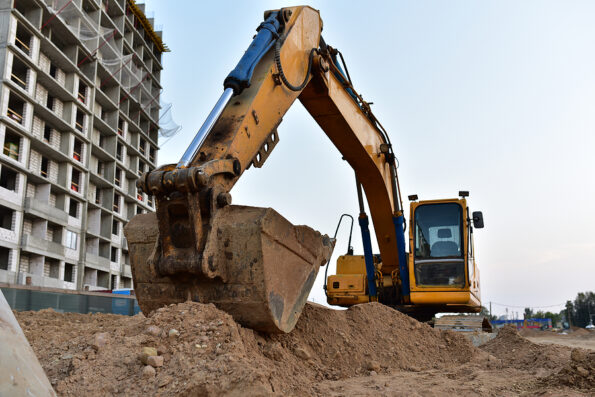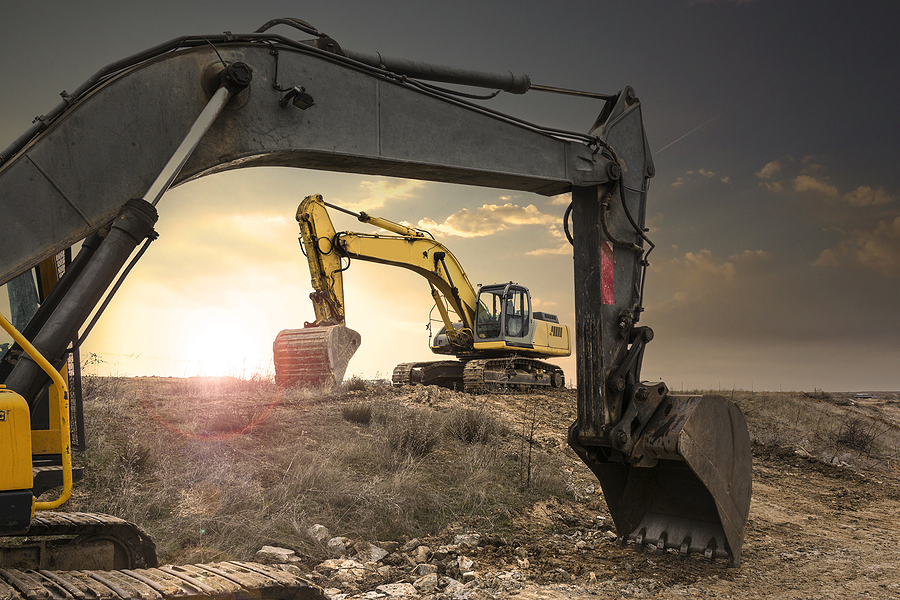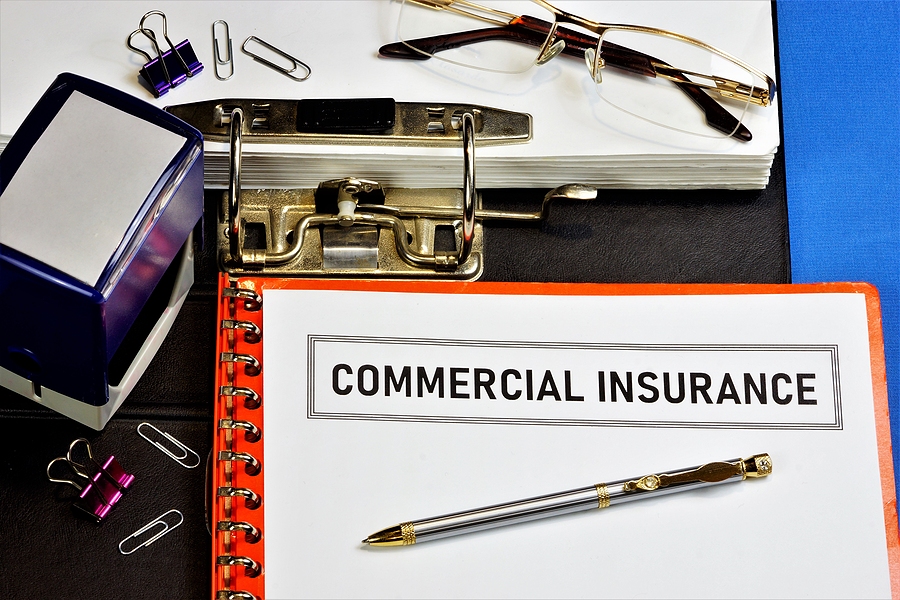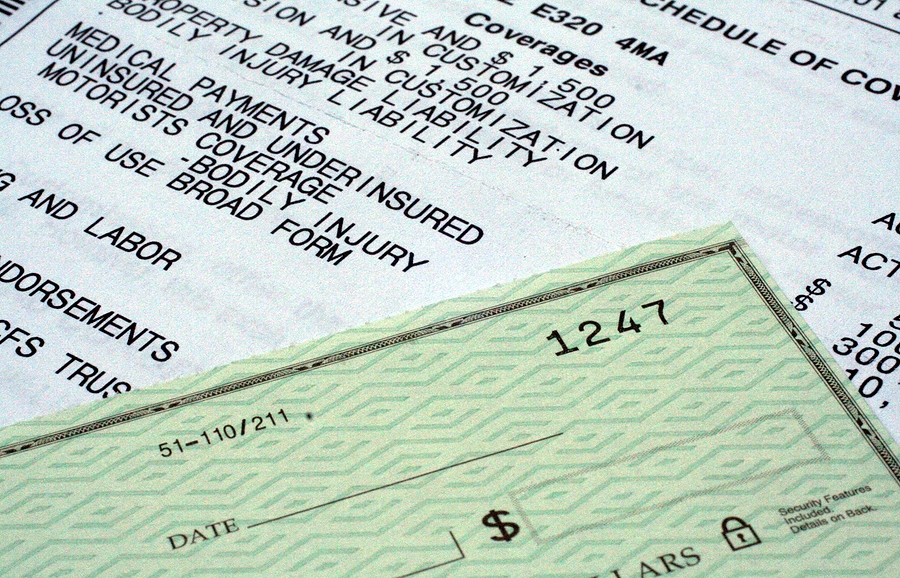As an independent earthmoving contractor, protecting your business from legal and financial liabilities is critical. To do so, you will need to make sure that your business has the correct insurance coverage in place.
Earthmoving Contractors insurance is also known as Excavation Contractor insurance. It consists of a portfolio of insurance policies that covers your business in the case of disaster or mishap on the job site.
Insurance policies for earthmoving contractors
Let’s take a look at some of the insurances on offer.
1. Commercial General Liability Insurance
An insurance policy that protects your business in the case of property damage, bodily injury, personal injury, and advertising and marketing damages. As excavation is an inherently hazardous activity, many clients will likely require that you carry this insurance in order to work for them. This ensures the client will be protected against any financial risks incurred by your company.
Consider this, you accidentally drive too far with your excavator and run over the neighboring property, damaging their fence. In this situation, the homeowner can sue you for property damage.
This is where Commercial General Liability comes in handy. Without it, you are liable for the entire settlement, which could place a substantial financial burden on your company.

Excavator on earthmoving at construction site. Backhoe dig pit foundation. Construction machinery and equipment on groundwork. Road work
2. Workers Compensation insurance
If one of your employees injures themselves on the job, your business is liable for medical expenses, lost wages, and other fees.
Worker’s Compensation insurance will cover these costs. The insurance is a legal requirement in most states. If your business has employees, you should be investing in Workers Compensation insurance.
3. Commercial Property insurance
This insurance covers any property that your business owns or is responsible for. You can also obtain mobile equipment insurance. A subset of Commercial Property insurance provides coverage for mobile equipment such as a compact track loader, excavators, and bulldozers that are usually stored on-site or outside your business premises.
This insurance comes in handy in the event your equipment is damaged. Mobile equipment can easily be damaged by inclement weather, such as heavy rainstorms and falling trees while stored on site.
In such cases, Commercial Property insurance and Mobile Equipment insurance ensure that you have coverage for the equipment instead of paying out of your pocket for a replacement.
4. Commercial Auto insurance
As an excavator, a lot of your business relies on heavy mobile equipment such as bulldozers and excavators. This equipment usually falls under the classification of vehicles.
Commercial Auto insurance ensures that if your vehicles cause damage or injury to someone else while the vehicle is in use for business, you will not be held financially liable. It also provides coverage if your vehicle is damaged or stolen.
This insurance is a legal requirement in many states if you operate heavy machinery/vehicles such as excavators and dump trucks on public roads.
5. Umbrella Insurance
Excavation is an accident-prone job. Furthermore, excavation-related accidents often cause significant and expensive property damage or severe injuries to people because of the heavy machinery involved.
Due to this, your regular policy limits may be too low to protect your business entirely. Umbrella insurance enables you to buy additional insurance coverage to fill in any gaps in your existing policies.
Other considerations
If your excavation services include demolition services, you may need to consider additional coverage. This is because demolition services expose your business to further risks and leave you open to the possibility of significant liability in the case of accidents and mishaps.
Make sure to check your coverage policy thoroughly. In many cases, standard policies will expressly exclude demolition services. You will need to ensure that you are carrying additional demolition insurance and will need to find an insurance company willing to provide this coverage.
Further, your Commercial General Liability insurance may be affected depending on the type of work you are doing. If you are working under a subcontractor, you may be required to name them as an additional insured on your policy. Similarly, if you hire subcontractors to work under you, you should ensure that you are on their coverage.
How do you get Earthmoving Contractors insurance?
If you’re looking to get yourself comprehensive insurance for your earthmoving business, contact your preferred insurance agent to help you with the process. An experienced agent will guide you through the process of obtaining the proper insurance coverage required for your earthmoving company.
Image Source: BigStockPhoto.com (Licensed)
Site Disclaimer
The Content in this post and on this site is for informational and entertainment purposes only. You should not construe any such information or other material as legal, tax, investment, financial, or other advice. Nothing contained on our Site constitutes a solicitation, recommendation, endorsement, or offer by HII or any third party service provider to buy or sell any securities or other financial instruments.
Nothing in this post or on this site constitutes professional and/or financial advice. You alone assume the sole responsibility of evaluating the merits and risks associated with the use of any information or other content in this post or on this site.
You recognize that when making investments, an investor may get back less than the amount invested. Information on past performance, where given, is not necessarily a guide to future performance.
Related Categories: Work, Reviews







